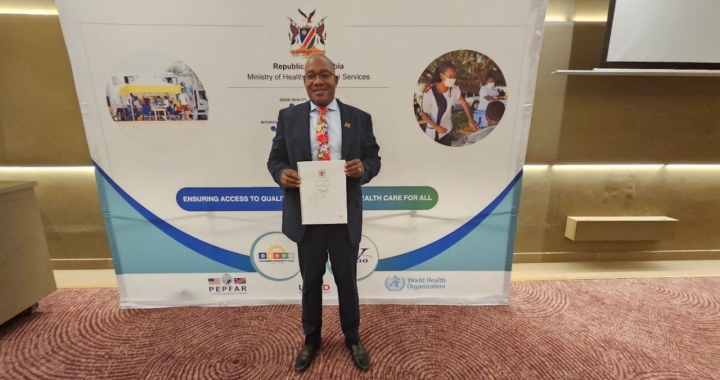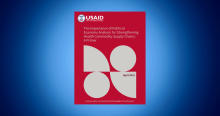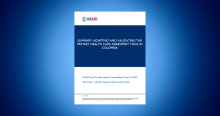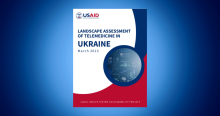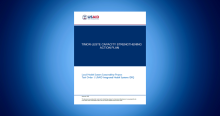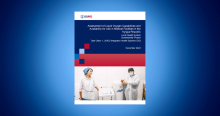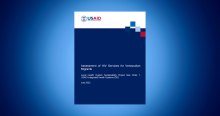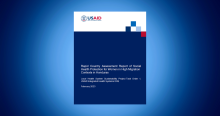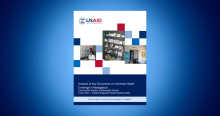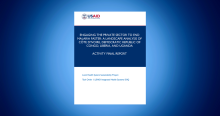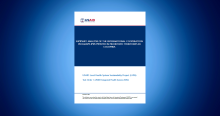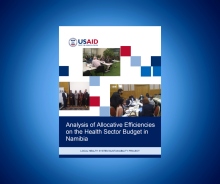Assessments, Analyses, and Action Plans
Knowledge Products
This primer is designed to help supply chain practitioners in governments, the private sector, donor agencies, and implementing partners understand the value of political economy analysis (PEA) and how it can help improve outcomes when implementing supply chain interventions and reforms.
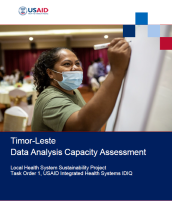
The purpose of the DACA was to assess: the Ministry of Health (MOH) data use and data quality processes; the opportunity and capacity of different levels of the health system to analyze data; health management information system (HMIS) governance; electronic HMIS deployment; the state of interoperability, and COVID-19 data capture.
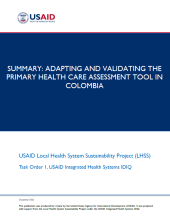
This document describes the interventions implemented by the Local Health System Sustainability Project (LHSS) to evaluate and modify the Primary Care Assessment Tool (PCAT) for Colombia and create an application to compile and analyze data from the tool’s surveys. This tool and its application will help health providers to access data on Primary Health Care (PHC) services, which can be used to improve decision-making and policy formulation within the health care sector. This is an English language summary of the full report, which is available in Spanish.
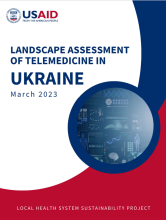
This report details the current status of telemedicine in Ukraine and includes data gathered from nearly every region of the country. It provides areas for strategic investments that would foster expanded access, reconnecting Ukrainians to health care, and supporting the long-term strength and resilience of the health system.
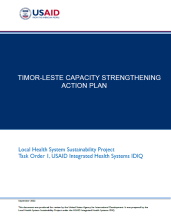
USAID’s Health System Sustainability Activity (Activity) addresses systemic challenges to Timor-Leste’s self-reliance on low institutional capacity to generate and use data for decision-making.
This report presents findings from December 2022 assessment of medical-grade liquid oxygen capabilities and availability for use in health facilities in the Kyrgyz Republic.
This report is a health system assessment focused on HIV care services for Venezuelan migrants living in Peru. The assessment reviews secondary data sources; interviews with key informants, users, and professionals who are responsible for health facilities providing Antiretroviral Therapy (HF ART); observes visits to selected HF ART; and provides an overview of a self-administered survey to those responsible for HF ART in the country.
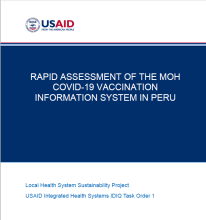
This resource provides recommendations aimed at strengthening the Ministry of Health’s functional capabilities and operational capacities to generate and use information for effective deployment of COVID-19 vaccinations.
This report documents a rapid assessment of the Honduran context to expand SHP for women and children in high-migration contexts, including women and children at risk of migration, returned migrants from the United States, and migrants in-transit through Honduran territories on their migration journey.
LHSS identifies the information gaps and disparities to achieve the SN-CSU objectives with the data from key UHC-related documents in Madagascar.
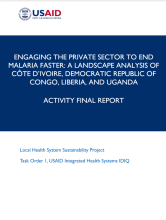
This report describes key private sector players and their types of engagement in malaria programming in Cote d’Ivoire, Democratic Republic of Congo, Liberia, and Uganda.
This is an English language summary describing the assessment of migration- and health-related international cooperation activities in Colombia to identify good practices and priorities for supporting health sector needs.
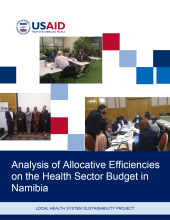
This analysis identified several inefficiencies related to how the financial budget and other financial resources are allocated and spent. It also presented potential actions that can improve resource allocation within the MoHSS budget and address some of the challenges identified during the analysis.

This report describes key private sector players and their types of engagement in malaria programming in Cote d’Ivoire, Democratic Republic of Congo, Liberia, and Uganda.

